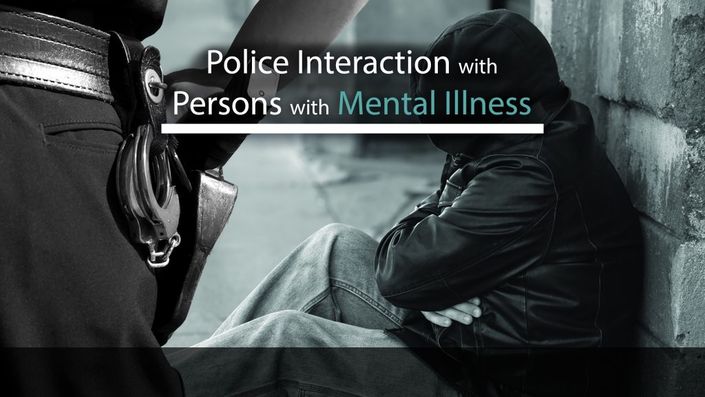
Course overview
The course provides participants with essential skills and practical tools to effectively manage and navigate conflicts in various settings. This comprehensive training program focuses on the significance of body language, active listening, vocabulary, and practical techniques to de-escalate tense situations.
Throughout the course, participants will learn how to recognize the signs of conflict escalation, enabling them to intervene early and prevent further escalation. They will explore the impact of body language on communication and conflict dynamics, gaining insights into non-verbal cues and their influence on conflict resolution outcomes.
Active listening, a crucial component of conflict management, will be emphasized. Participants will develop the ability to listen attentively, understand underlying concerns, and demonstrate empathy to build rapport and establish productive dialogue with conflicting parties.
The course will also highlight the importance of vocabulary in conflict resolution. Participants will learn how to choose words carefully, considering their impact on emotions and perceptions, and employ effective communication techniques to diffuse tension and promote understanding.
Practical tools and techniques for conflict management and navigation will be introduced, including strategies for de-escalation, negotiation, and problem-solving. Participants will have the opportunity to engage in role plays and simulations to apply these tools in realistic conflict scenarios.
By the end of the course, participants will have developed a strong foundation in conflict escalation management, equipped with the skills to read and interpret body language, actively listen, choose effective vocabulary, and utilize practical tools to manage and navigate conflicts successfully. These valuable skills will enable participants to foster more harmonious and constructive relationships, both personally and professionally.






